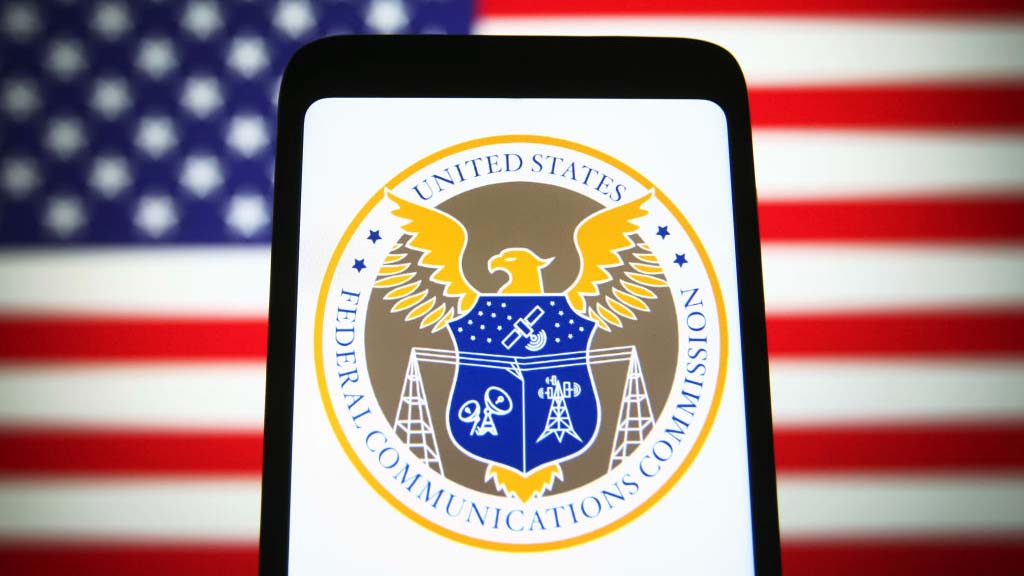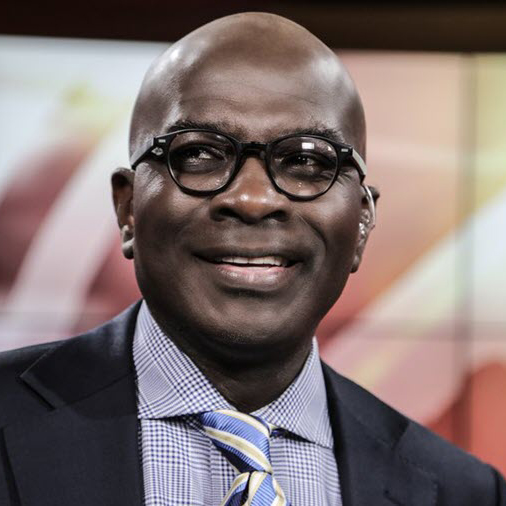FCC Will Stay ‘Lost at Sea’ Until Antiquated Broadcast-Ownership Rules Are Eliminated (B+C Guest Blog)
Depression-era regulations won’t protect local journalism in the digital age

The smarter way to stay on top of broadcasting and cable industry. Sign up below
You are now subscribed
Your newsletter sign-up was successful
“Lost at sea” is how the National Association of Broadcasters recently characterized the Federal Communications Commission in deliberating a proposal for priority application review and processing for stations that met certain local programming thresholds. The NAB emphasized that local journalism and programming can be best saved in the digital age by abandoning its obsolete, Depression-era broadcast-ownership rules.

That theme also echoed at this week’s NAB Show. Curtis LeGeyt, NAB’s president and CEO, explained that a top priority was the education of policymakers (i.e., the FCC and Congress) on the pronounced marketplace imbalance in the fight for advertising dollars and program content between local broadcasters and titans like Google, X, Facebook, Apple, Netflix, Amazon Prime, Hulu, TikTok, etc. None of these giants is handicapped by the FCC’s ownership restrictions. That needs to change.
In his NAB Show main-stage appearance, LeGeyt added that he works daily “to make sure that local stations across the country have the resources that they need to go and deliver on [their] mission. And that means giving our broadcasters a little bit more scale, the ability to compete with big tech.”
I am the sole owner of seven television stations and co-owner of the Baltimore Sun newspaper. I agree with LeGeyt and NAB. Unless the FCC wants the broadcast industry to follow the newspaper industry over the cliff, its rules should recognize that radio and television stations compete for ad and program dollars not just with other local stations, but with gigantic content and distribution platforms with capital resources hundreds of times larger than the largest broadcast operations. As LeGeyt noted, “Washington, D.C., pretends that [broadcasters] only compete against one another for advertising dollars and for audience.”
As the extensive record developed over the last 20 years in the FCC’s Quadrennial Regulatory Review process shows, the digital disruption of the media marketplace has fundamentally altered competition for audiences and advertisers. Television broadcasters compete with innumerable online and multichannel outlets. But the FCC’s rules impede local stations’ ability to compete successfully by effectively serving viewers. They are like the horse and buggy in the age of motor vehicles.
The FCC’s rules impede local stations’ ability to compete successfully by effectively serving viewers. They are like the horse and buggy in the age of motor vehicles.”
Armstrong Williams
The broadcast industry’s ability to function in the “public interest, convenience and necessity” (Section 309 of the Communications Act) requires economic viability. Ownership restrictions uniquely saddling local broadcast stations impair “economic viability” and the public interest.
Eliminating the FCC’s anachronistic ownership restrictions will stimulate the development and production of new content more efficiently, technological upgrades, a reduction in redundancy and a streamlining of operations to slash costs and achieve economies of scale. Local broadcasters will then have the means to survive temporary downturns in the economy.
The smarter way to stay on top of broadcasting and cable industry. Sign up below
At present, giant ad platforms and tech companies that compete directly with radio and TV broadcasters for audiences dominate the market. They own leading audio and video-streaming services (e.g., Amazon Prime Video, Apple TV Plus, Spotify, YouTube Music) further providing a competitive advantage. They control the dominant consumer technologies (e.g., smartphones, smart speakers, connected-TV devices, etc.) used by hundreds of millions of Americans to access digital content.
The FCC should write an epitaph to its backward-looking broadcast ownership rules. How can it ignore what all the world can see and daily experience in the marketplace for audiences and programming content in the digital age?
Armstrong Williams is a principal owner of the Baltimore Sun and manager/sole owner of Howard Stirk Holdings I & II Broadcast Television Stations.
